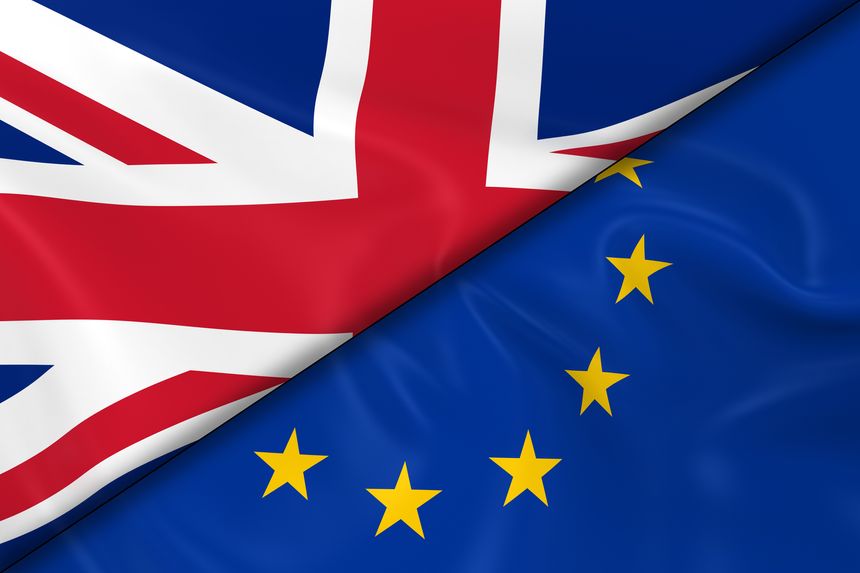After many months of challenging negotiations set against the backdrop of a global pandemic, the EU and UK negotiators announced on 24 December that they had reached “agreement in principle” on the EU-UK’s future relationship (the Agreement). Alongside fisheries, commitments to ensure a level playing field for open and fair competition, including in the area of subsidy control (or State aid), turned out to be one of the most contentious issues in the negotiations.
The Agreement reached seeks to prevent trade distortions created by anti-competitive practices, discriminatory and abusive conduct and subsidies. This is achieved by commitments from each party to maintain effective antitrust and merger control regimes, and to maintain independent authorities to enforce the rules. The granting of subsidies is governed by a set of common principles in combination with a number of enforcement tools, including recourse through national courts by competitors and unilateral remedial measures for each party. A mechanism to deal with “significant differences” in standards that affect trade between the parties (which allows unilateral rebalancing measures) also applies to the area of subsidy control but not competition policy.
In practice, businesses can expect more parallel investigations (with a risk of inconsistent or conflicting decisions) in the areas of merger control and antitrust enforcement. In the area of subsidy control, the UK no longer applies EU State aid rules (except as provided for in the NI Protocol to the EU-UK Withdrawal Agreement) but is required to set up its own subsidy control regime with “an appropriate role” for an independent authority. At the time of writing, no further details are available on how the UK intends to meet these obligations.
For more detail on the implications of the parties' commitments in the Agreement on competition law and subsidy control, please read our briefing here.




